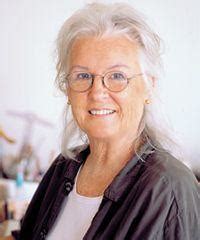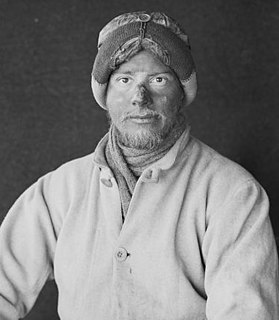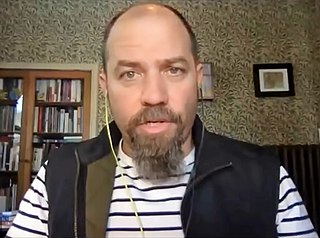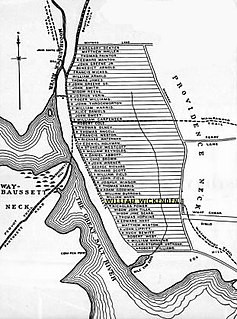A Quote by Guy Debord
No longer is science asked to understand the world, or to improve any part of it. It is asked instead to immediately justify everything that happens... spectacular domination has cut down the vast tree of scientific knowledge in order to make itself a truncheon.
Related Quotes
Christians, of all people, should not be destroyers. We should treat nature with an overwhelming respect. We may cut down a tree to build a house, or to make a fire to keep the family warm. But we should not cut down the tree just to cut down the tree. We may, if necessary, bark the cork tree in order to have the use of the bark. But what we should not do is to bark the tree simply for the sake of doing so, and let it dry and stand there a dead skeleton in the wind. To do so is not to treat the tree with integrity.
We live in a scientific age, yet we assume that knowledge of science is the prerogative of only a small number of human beings, isolated and priestlike in their laboratories. This is not true. The materials of science are the materials of life itself. Science is part of the reality of living; it is the way, the how and the why for everything in our experience.
The universe is no narrow thing and the order within it is not constrained by any latitude in its conception to repeat what exists in one part in any other part. Even in this world more things exist without our knowledge than with it and the order in creation which you see is that which you have put there, like a string in a maze, so that you shall not lose your way. For existence has its own order and that no man’s mind can compass, that mind itself being but a fact among others.
I asked for strength,
and God gave me difficulties to make me strong.
I asked for wisdom,
and God gave me problems to learn to solve.
I asked for prosperity,
and God gave me a brain and brawn to work.
I asked for courage,
and God gave me dangers to overcome.
I asked for love,
and God gave me people to help.
I asked for favors,
and God gave me opportunities.
I received nothing I wanted.
I received everything I needed.
We traveled for science: those three small embryos from Cape Crozier, that weight of fossils from Barkley Island, and that mass of material less spectacular but gathered just as carefully hour by hour, in wind and drift, darkness and cold, was striven for in order that the world may have a little more knowledge, that it may build on what it knows instead of on what it thinks.
The basic question that the 'new science' raises for our balance sheet is the issue of what scientific questions have not been asked for 500 years, which scientific risks have not been pursued. It raises the question of who has decided what scientific risks were worth taking, and what have been the consequences in terms of the power structures of the world.
The aspirations of democracy are based on the notion of an informed citizenry, capable of making wise decisions. The choices we are asked to make become increasingly complex. They require the longer-term thinking and greater tolerance for ambiguity that science fosters. The new economy is predicated on a continuous pipeline of scientific and technological innovation. It can not exist without workers and consumers who are mathematically and scientifically literate.
The essence of modernity is that progress no longer waits on genius; instead we have learned to put our faith in the organized efforts of ordinary men. Science is as old as the race, but the effective organization of science is new. Ancient science, like placer mining, was a pursuit of solitary prospectors. Nuggets of truth were found, but the total wealth of knowledge increased slowly. Modern man began to transform this world when he began to mine the hidden veins of knowledge systematically.






































